Reducing antibiotic use in broiler production: coccidiosis prevention
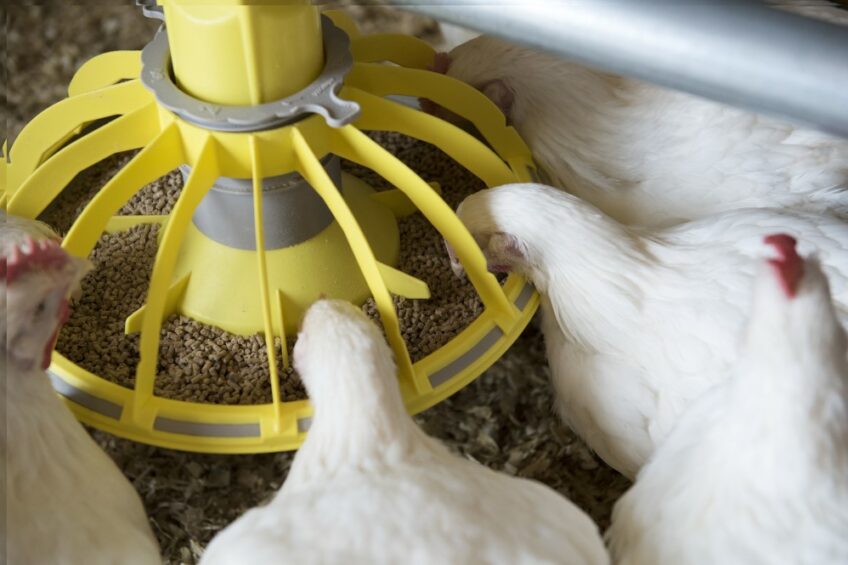
The production of chickens raised without antibiotics (RWA) in the United States has steadily grown during the last decade, surpassing 50% of total chickens produced. Paralleling this increased production, coccidiosis and necrotic enteritis (NE) have risen to the top of disease concerns among poultry veterinarians involved in broiler production.
Coccidiosis prevention in the United States
The removal of the ionophore anticoccidials and antibiotics with good anticlostridial activity means that the prevention and control of the most prevalent diseases of broilers must be achieved with fewer options. Producers of RWA poultry must rely exclusively on the use of chemically synthesized anticoccidials, frequently referred to as “chemicals”, or live coccidiosis vaccines, or more than likely, a combination of the two.
In the US, live coccidiosis vaccines have been used in broiler breeder pullets for years, where long-lasting immunity is required to prevent outbreaks during production. In contrast, coccidiosis control in global broiler chicken production for many decades has been successfully achieved primarily by including anticoccidial medications in the feed. Unlike other countries (i.e., the United Kingdom and the European Union), the ionophore class anticoccidials are considered antibiotics by the Food and Drug Administration (FDA) and the United States Department of Agriculture (USDA). Therefore, using ionophores in RWA chicken production is not permitted, resulting in a significant increase in the use of live coccidiosis vaccines by broiler chicken producers.
Although it seems paradoxical to use an anticoccidial in conjunction with a live coccidiosis vaccine susceptible to all anticoccidials, some companies do just that. This program aims to take the edge off the peak shedding and lesions to improve live performance parameters without interfering with active immunity development. However, this practice could potentially predispose flocks to NE issues. Achieving this is a difficult balancing act since the timing is critical, and anticoccidials administered via the feed are added to a fixed feeding schedule. In an ideal situation, the anticoccidial would not be added before 21 days. Still, many companies switch to grower feed at or soon after 14 days. Therefore, care must be taken to ensure that the anticoccidial inclusion rate is not too strong to interfere with immunity development. In general, synthetic anticoccidials are stronger than ionophores. However, they are the only ones that can be used in a hybrid program for RWA chickens.
Coccidiosis prevention in Europe
Today, the prevention and control of coccidiosis in the European Economic Area and the United Kingdom are primarily based on using anticoccidial medications in the feed. In Southern Europe, mainly in Italy and Spain, and during the summer months, live coccidiosis vaccines are often used for 2 to 3 cycles in a rotation program. Live coccidiosis vaccines are also used in Norway, where the use of ionophores is restricted. In Europe, the aim is to preserve the use of ionophores for coccidiosis control. Improved hygiene, biosecurity measures and farm management practices are important parts of the overall coccidiosis control strategy.
The World Health Organization, the World Animal Health Organization, and the European Surveillance of Veterinary Antimicrobial Consumption have confirmed that the use of ionophores in animal feed has no impact on human health. The European Food Safety Agency has also scrutinized the use of ionophores, and published opinions have “deemed them safe to be used as a feed additive with no risk to humans (British Poultry Council, 2019).” Ionophores are considered animal-only antimicrobials that are not classified as veterinary medicinal products, and their usage is recorded as a feed additive instead of an antibiotic.
Commercial use of coccidiosis vaccines in Europe began in 1992 with the introduction of a vaccine for replacement breeders and laying pullets, followed in 2000 by a vaccine for commercial broilers. Now vaccines are used as the primary method for coccidiosis prevention in breeding flocks, to some extent in laying hens, and to a lesser extent in broiler chickens. It is estimated that approximately 10% of the commercial broilers produced in Europe rely on vaccines alone for coccidiosis control. Most of these are in southern Europe, where season and climate favour a lower coccidiosis challenge. In some European countries, mainly in the slow-growing and/or organic sector, coccidiosis vaccines are used all year round.
Summary
In contrast to ionophore anticoccidial usage in Europe, in the US, the removal of ionophore anticoccidials and antibiotics with good anticlostridial activity means that the prevention and control of the most prevalent diseases of broilers must be achieved with fewer options. Producers of RWA poultry in the US must rely exclusively on the use of chemically synthesized anticoccidials, frequently referred to as “chemicals,” or live coccidiosis vaccines, or more than likely, a combination of the two. Whereas, in Europe, the usage of anticoccidial medications in broiler feed is the primary prevention and control method of coccidiosis.
 Beheer
Beheer
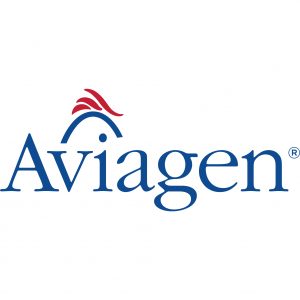
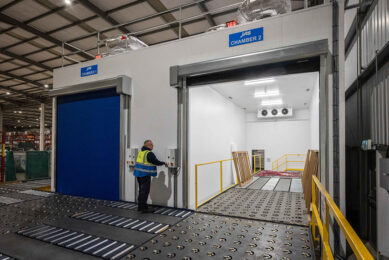

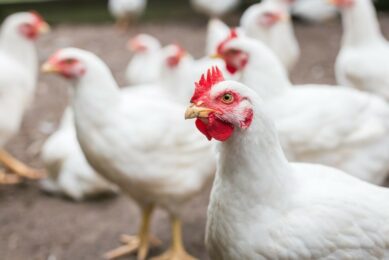
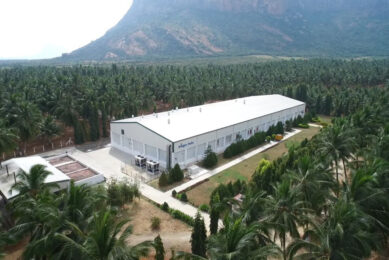
 WP Admin
WP Admin  Bewerk bericht
Bewerk bericht